The most Googled questions about child birth answered
We ask the experts whether there is any truth behind the questions and queries mothers might have surrounding a little one entering the world
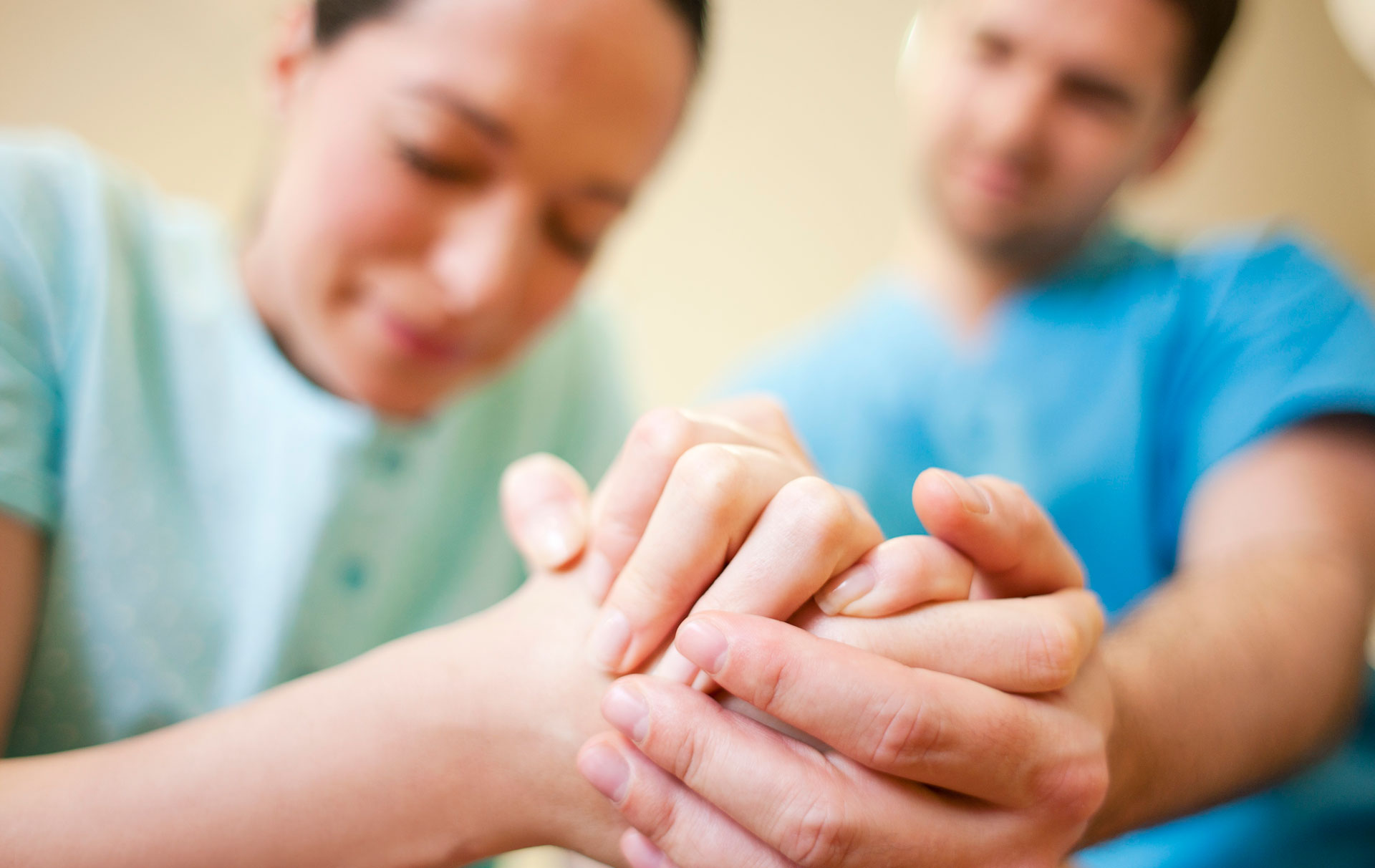
Parenting advice, hot topics, best buys and family finance tips delivered straight to your inbox.
You are now subscribed
Your newsletter sign-up was successful
Can giving birth be painless? Or cause haemorrhoids? We asked experts to answer all of those important questions mums-to-be want answered before giving birth!
Giving birth is understandably a very daunting prospect for many expectant mothers - and throws up a whole host of questions, especially for first time mums, that range far beyond whether to have a hospital birth or home birth.
To help take some stress out of the situation, we've asked the experts to answer your most Googled questions about labour and birth - from whether the process can be easy and painless, to whether it can cause a variety of health problems.
Can giving birth be easy?
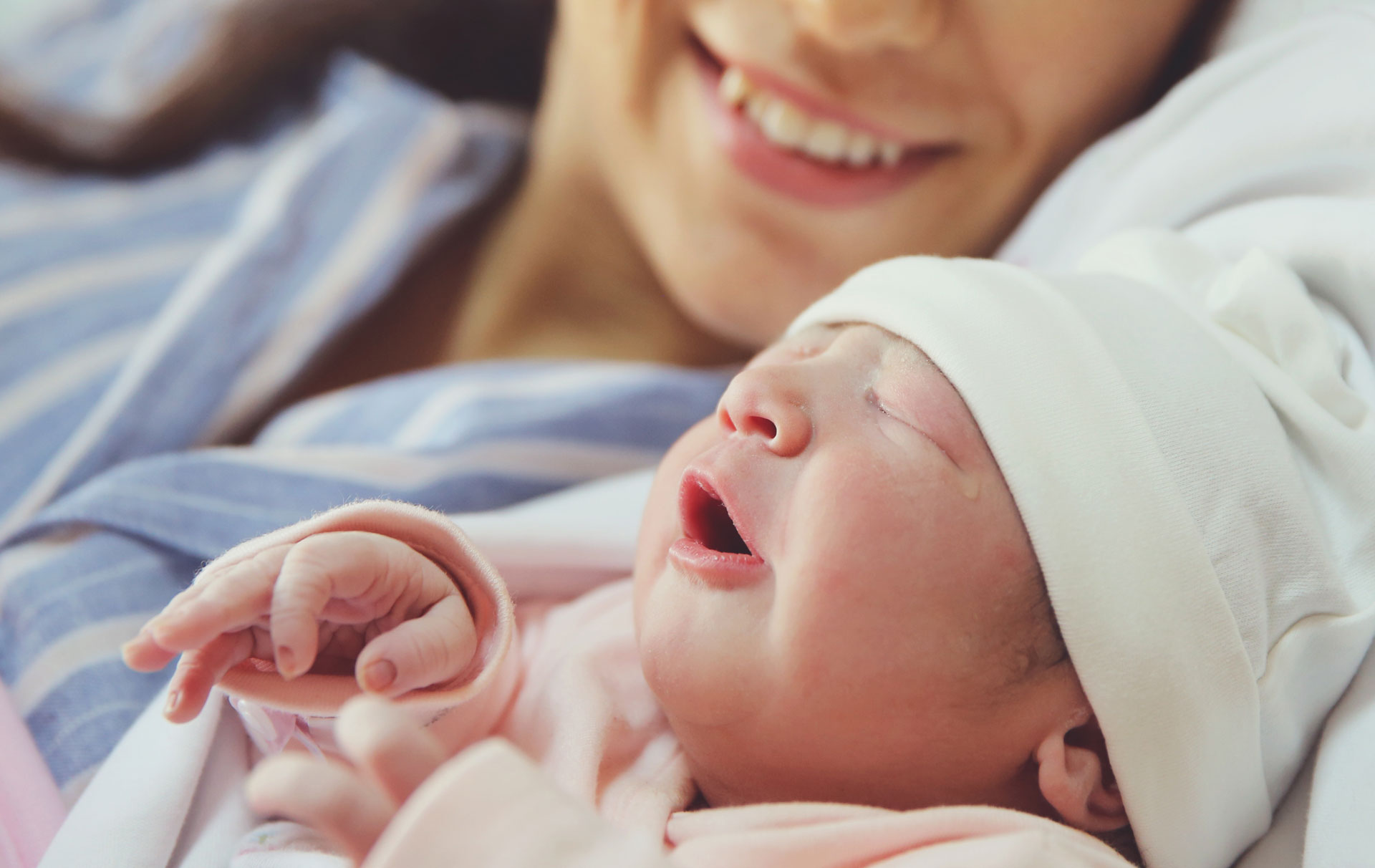
It hardly comes as a surprise that many women google 'Can giving birth be easy?' in the run-up to their little one's arrival.
But because labour is very much a personal experience influenced by a multitude of different factors, medical professionals may struggle to give a clear cut answer on whether giving birth can be 'easy'.
Midwife Annie Richley does, however, explain there are a number of things that a mum-to-be can do to prepare for the process.
Read more: The 20 ways to have an easier labour (according to a midwife!)
Parenting advice, hot topics, best buys and family finance tips delivered straight to your inbox.
According to Annie, it's possible to encourage a baby into the right position from about 34 weeks – which will help when it comes to giving birth. To do this, she suggests kneeling on the floor over a birthing ball.
Annie also recommends taking short walk or engaging in a spot of yoga as pregnancy advances because some evidence suggests that women who are active may be less likely to experience problems in later pregnancy as well as during labour.
Can giving birth be painless?
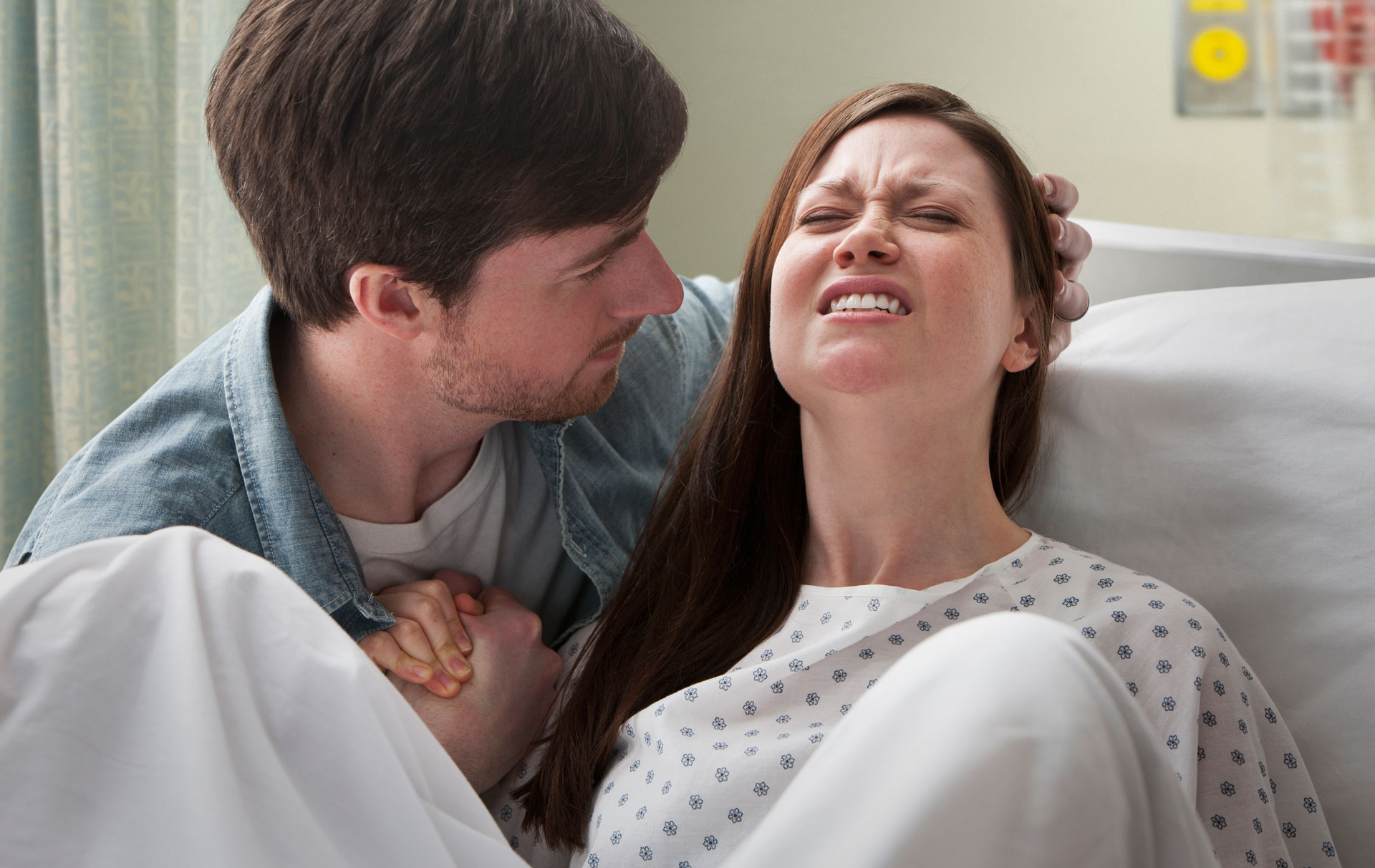
When a woman goes into labour, she'll experience contractions. Described by the NHS as being similar to 'extreme period pains', they intensify as the situation progresses. As labour gets going, contractions become longer and more frequent.
How much pain a woman will feel while giving birth totally depends on the individual.
According to Dr Asha T Herbert - who works as a GP locum in an urgent care centre and A&E department as well as running a private clinic in Hitchin - there are many different techniques that can be employed to try and help control pain.
'Pain relief can be achieved by relaxation, breathing exercises, using water in a bath, or in birthing pool [if you choose a water birth]. A TENS machine could also be used,' she tells us.
'Pain relief such as gas and air or paracetamol are the most basic form and an epidural the most invasive, but both can offer pain relief during delivery.'
Can giving birth cause IBS?

Irritable bowl syndrome is a long-term condition affecting the digestive system that can cause constipation, stomach cramps, bloating and diarrhoea.
The severity of symptoms varies between individuals. It's thought that 1 in 5 people will suffer from IBS at some point in their lives and women are twice as likely to be affected as men.
The exact cause of IBS is unknown but there's lots of evidence to suggest that stress, certain foods and hormones can play a part.
'Pregnancy and birth are not thought to increase the risk of developing IBS, although IBS usually presents in women of childbearing bearing age,' comments Liz Halliday, Deputy Head of Midwifery at Private Midwives.
'Bowel issues such as constipation and diarrhoea can be prevalent in pregnancy, but this is a side effect of pregnancy and not IBS related. Of course this does not mean that you cannot develop IBS or be diagnosed with IBS in pregnancy.'
Can giving birth cause fibromyalgia?
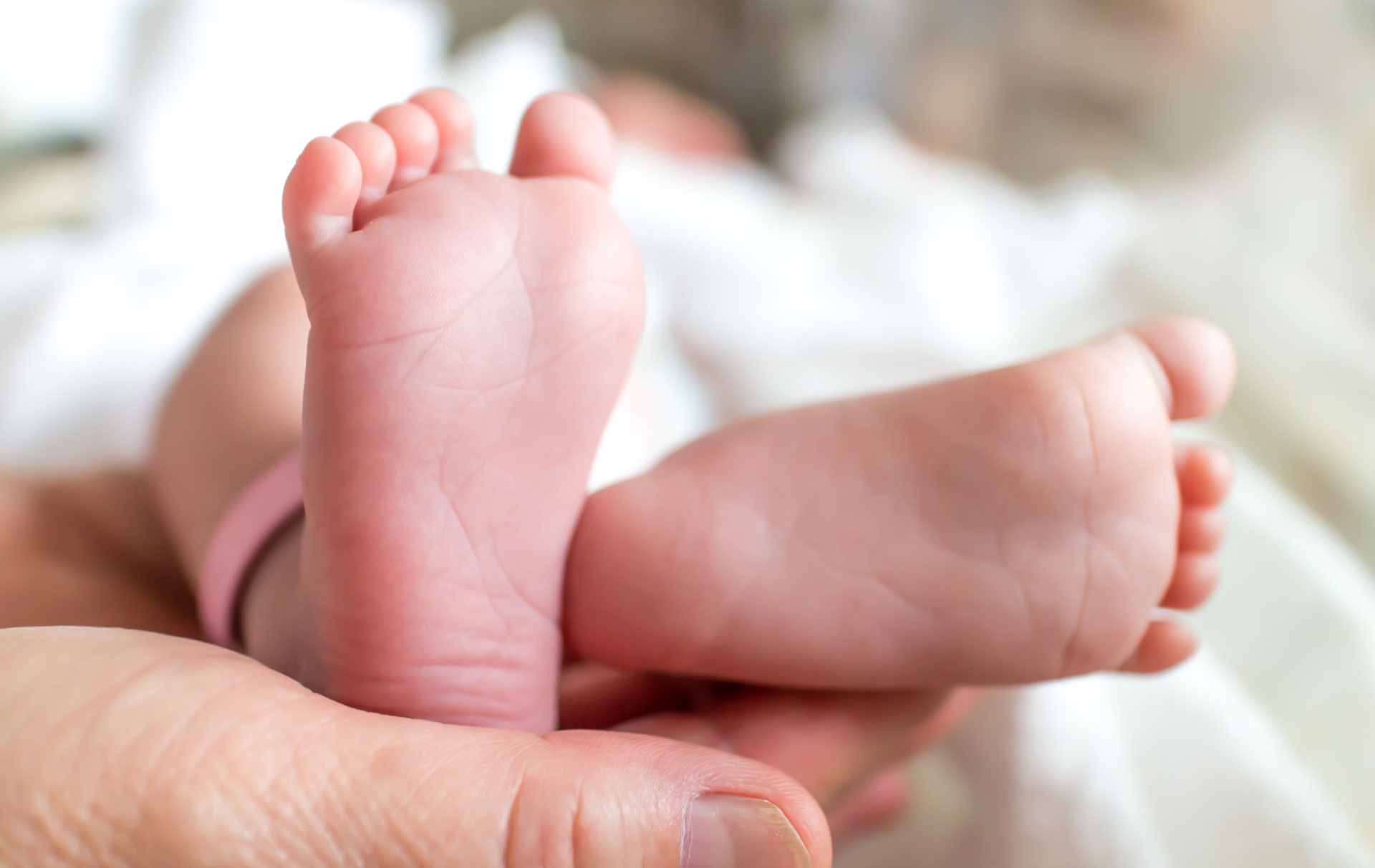
Something that causes pain all over the body, fibromyalgia typically develops between the ages of 30 and 50.
As well as experiencing widespread tenderness, someone with fibromyalgia might also find themselves sensitive to light, smoke and certain foods.
In news that's sure to make pregnant women breath a sigh of relief, Dr Asha T Herbert says that no link between giving birth and the onset of fibromyalgia has been found.
She does however go on to state that expectant mothers who already have the condition might struggle, both as the baby arrives and in the nine months before.
'There is no evidence that finds delivery causes fibromyalgia - although women with fibromyalgia could find both pregnancy and delivery more difficult,' she reveals.
Can giving birth cause cervical cancer?
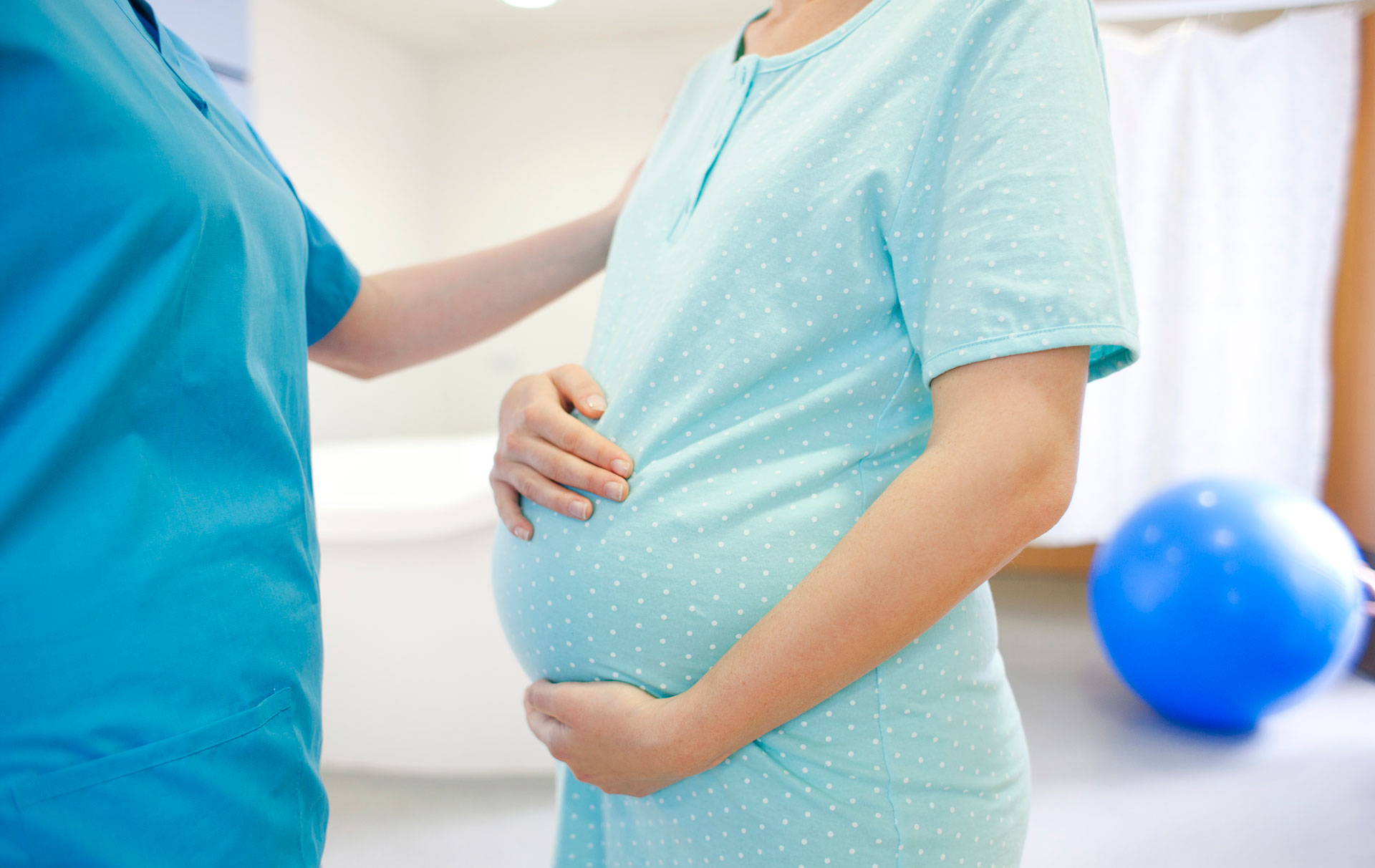
In its early stages, there are often no symptoms of cervical cancer. Abnormal bleeding - which can occur in between periods, following sex, and after the menopause - is however experienced by some with the disease.
'There is no evidence that giving birth causes cervical cancer,' states Dr Asha T Herbert.
Liz, however, is keen to point out that experiencing a full-term pregnancy before the age of 17 and having 3 or more full term-pregnancies can increase the risk.
'No one knows exactly why this is the case. It has been suggested that the chance of infection with the HPV (Human Papilloma Virus) is higher in these cases, as is the chance of infection with Chlamydia (which has also been linked to increased risk of cervical cancer),' she comments.
'Another suggestion is that the hormonal changes of pregnancy and the physiological decrease in the immune system that happens in pregnancy may allow for changes in the cell structure of the cervix leading to abnormal calls.'
Can giving birth cause haemorrhoids?
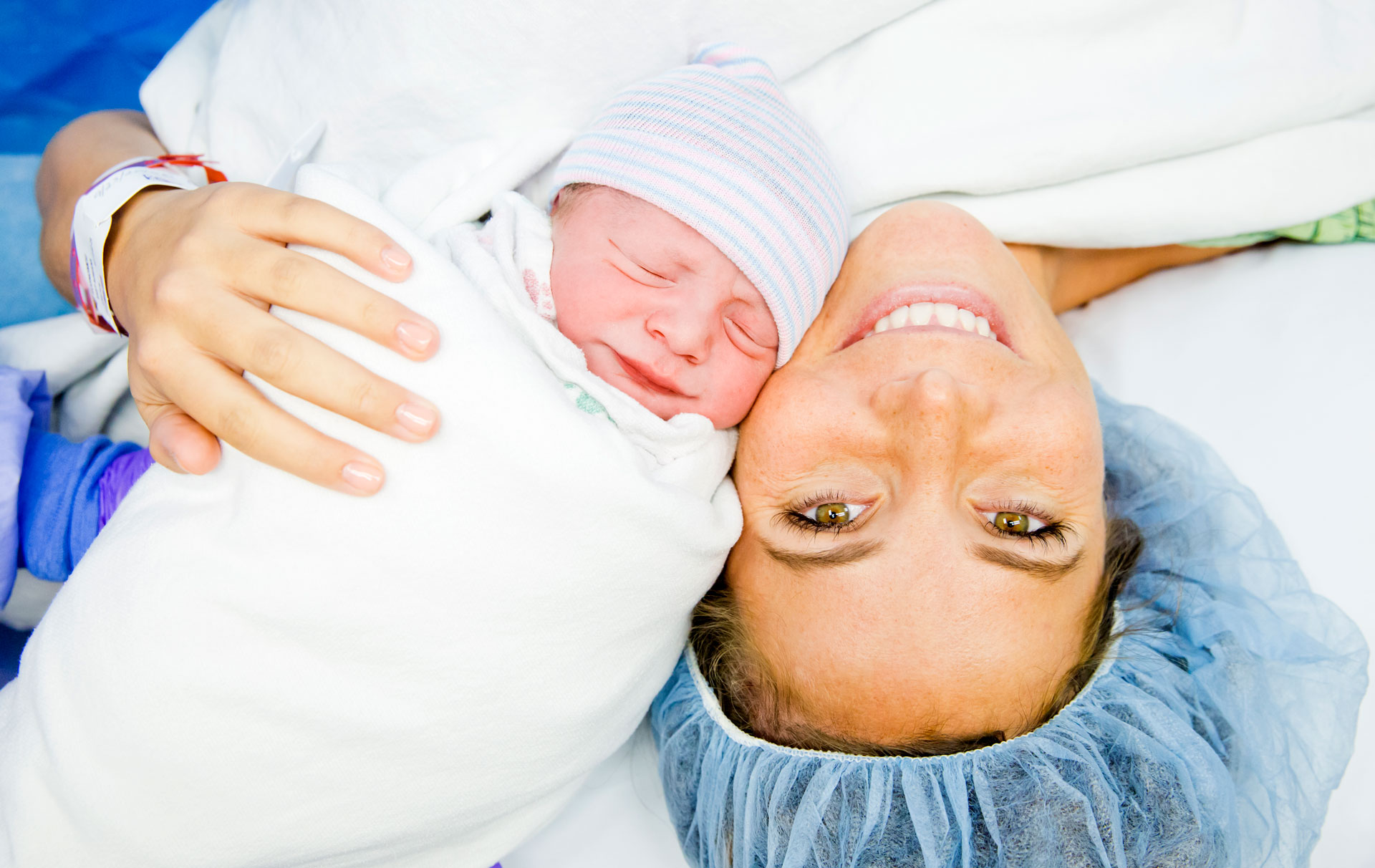
It's an unfortunate fact that both pregnancy and birth can cause haemorrhoids, swellings in and around the bottom made up of large blood vessels.
'In pregnancy, the hormonal changes that take place can result in a weakening of the walls of blood vessels, making it harder for blood to return to the heart, which can be further affected by the weight of the gravid uterus,' Liz explains.
'In addition, hormonal changes often affect the gut, and constipation can be a symptom of that. Straining on the toilet and passing large, hard stools provide another risk for haemorrhoids.'
And regarding giving birth, a combination of pushing, constipation and hormonal changes can result in piles forming.
'Excessive pushing during the birthing process is a strong factor in post-partum haemorrhoids,' she continues.
'Valsalva pushing (otherwise known as midwife led pushing, or purple pushing) where a women is advised to hold her breath and push for long durations of time is not advisable for many reasons, and the chance of developing haemorrhoids is one of them.'
To soothe any discomfort, Liz suggests staying hydrated by drinking lots of water and eating plenty of fresh fruit. Grains high in fibre will also help regulate bowel movements and make the passing of stools less painful.
Can giving birth cause MS?
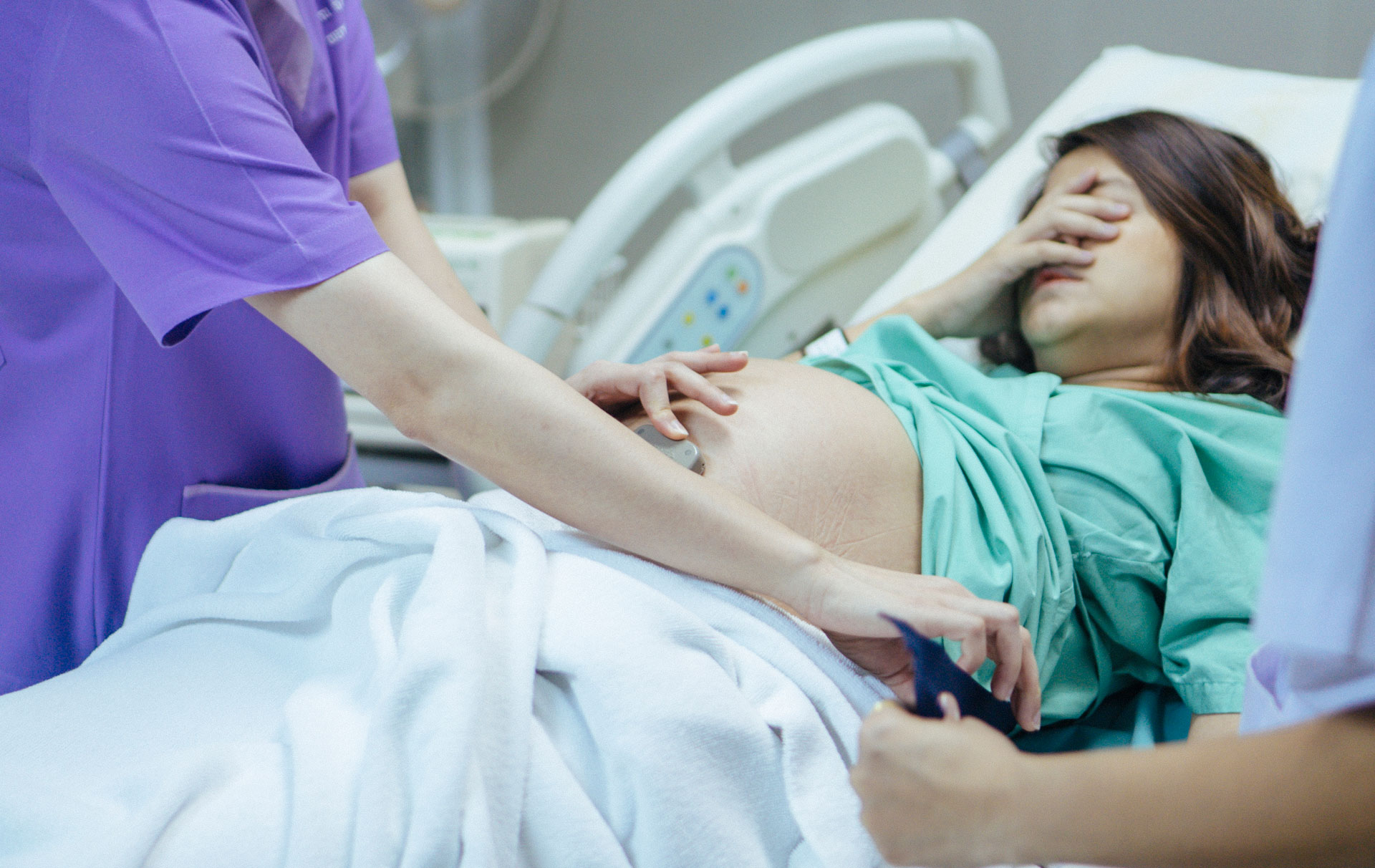
While few studies have sought to establish a relationship between giving birth and multiple sclerosis – a neurological condition that affects nerves – it's unlikely that welcoming a baby is a risk factor.
'We do know that women who already have MS but have not been diagnosed before a pregnancy, are more likely to receive a diagnosis during pregnancy. And that women who have MS often experience a reduction in symptoms and are less likely to experience relapse during pregnancy,' reveals Liz.
'However, if a women is experiencing symptoms of MS and is feeling unwell she should always consult her GP.'
Trusted, informative, and empathetic – GoodToKnow is the ultimate online destination for parents. At GoodtoKnow, our mission is 'simple': we're trying to make sense of parenthood. On the site, you'll find everything you need for a happy, healthy family life. Our huge archive of content includes more than 18,000 articles and 1,500 how-to videos. These include expert-backed advice features on parenting, dealing with relationship changes after having a baby, self-care for mums and managing your family finances. We also feature tried-and-tested product reviews and buying recommendations for every stage of family life - from prams and Moses baskets to birthday gifts and top toys.